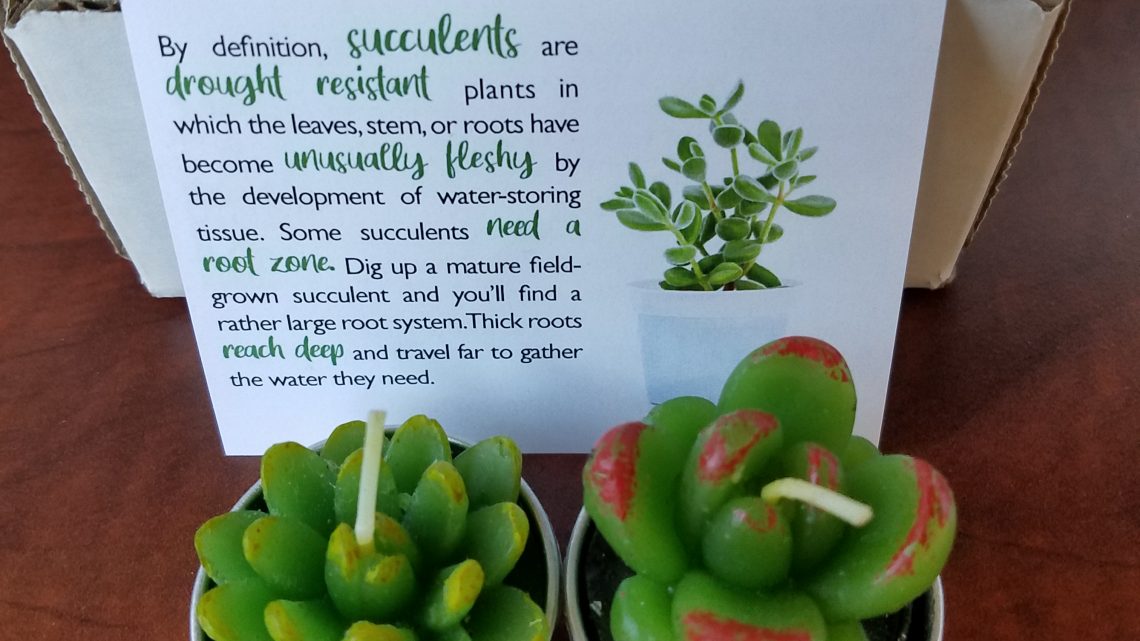In 2020 many of us found ourselves asking, “What is my purpose?” With the stress of stay-at-home orders, rescheduled events and closed schools, life is just hard.
At the Minnesota Conference, we found ourselves talking about our purpose. Our conference mission statement (To help people realize they are accepted in Jesus Christ, and come to know, love, serve, and share Him) can be boiled down to this: we exist to make disciples who accept and know Jesus as Savior, people who love the Lord and share Him as disciple makers. However, at the conference office we generally work with the people who are at the forefront seeking the lost —we work with people who already know and love Jesus.
In the Human Resources Department, our question was, “How can we minister to ministers in this COVID environment?” It is possible this was a question throughout the Mid-America Union, as we were all separated from work, friends and family: How do we minister to our work force when we cannot interact? When life as we know it has changed so significantly?
We concluded that God has given each of us gifts to do His work. This applies whether one is serving as a pastor, a doctor or a construction worker. As Christians, we are called to serve one another, and so we used 2020 as a reset for our departmental ministry. We refocused on ministering to our ministers. We renewed our efforts to care for our employees more directly.
In the past, we served our employees through standard means: a strong benefits package, answering questions, encouraging use of vacation time, meeting twice per year to develop those relationships, checking in to schedule church visits, etc. In 2020, we became much more focused on developing those relationships.
In 2017, our conference adopted a relationship-based ministry focus from the Ministry of Healing’s page 143 statement. As Ellen White said, Jesus’ method to mingle among the people as one who desires their good “gives true success in reaching the people.” Concentrating on relationship-based ministry, our HR department modeled relationship-based ministry. With that goal in mind, our conference leaders took intentional steps to further develop those relationships.
– Our Hispanic Ministries coordinator leads a monthly meeting with the Hispanic pastors via video conferencing. Prior to COVID, they met regularly, but even in the COVID environment, ministry among the Hispanic pastors has continued. They moved forward with an evangelistic campaign and performed COVID-friendly baptisms. Even though they did not meet their pre-COVID goals, their work has been effective and inspirational.
– Our African Ministries coordinator has met regularly with the African pastors via video conferencing. Ministry continued to happen, churches continued to meet, conversions continued to culminate, and tithe continued to grow.
– Our interim ministerial director created a scheduled rotation for calling each pastor to check in and see how they were doing. Those conversations could be anything the pastor needed, from spiritual encouragement to a quick “I’m fine” and prayer. By all accounts, this has created a boost in morale among the employees.
– The education superintendent has been in regular communication with the teachers, despite a difficult year with constant adjustments to doing school. When the teachers were discouraged, the superintendent prayed for them and did all he could to provide support.
– Our youth director reimagined her thank-you and Christmas cards to previous camp staff, instead opting for a small gift and a “praying for you” note that had a lasting impact.
– The conference office team created small “thinking of you” gifts to send to each employee. The first was sent in March, the second in October, just to let employees know they were valued and not alone.
Isolation was a huge hurdle in 2020, and ministry was challenging. If we felt it in the office, we knew our employees would feel it too. But praise the Lord, we are never alone in ministry. We wanted to take the opportunity to remind our employees that God is always with them, and so are we.
In addition, individual employees took the initiative to write (sometimes anonymous) encouraging notes to workers and members alike.
The steps we took to intentionally target our employees were nothing earth shattering. They were basic, hospitality-oriented ideas that focused on serving. Among the office team, we have a myriad of spiritual gifts: serving, teaching, encouraging, leading, preaching, helping, to name a few. Our ministry reset became a shift in culture. If 2020 taught us anything, it was to be intentional with our actions, our thoughts and our words. We realized a simple phone call to a worker seemed to lift their spirits and remind them they were not alone—those of us in the office were thinking of and standing with them.
We are living in an exceptional period. We need to remember that community, compassion and empathy are necessary elements for those in the forefront of ministry. Throughout this experience, our HR department learned to emphasize the following: we are all in this together, and together we will do the Lord’s work. We will reach out to our workers to make positive, impactful touch because we we care. We pray for God’s continued presence and guidance as we serve those who serve His people in 2021, looking ever forward to that triumphant return.
Savannah Carlson with Brian Mungandi









